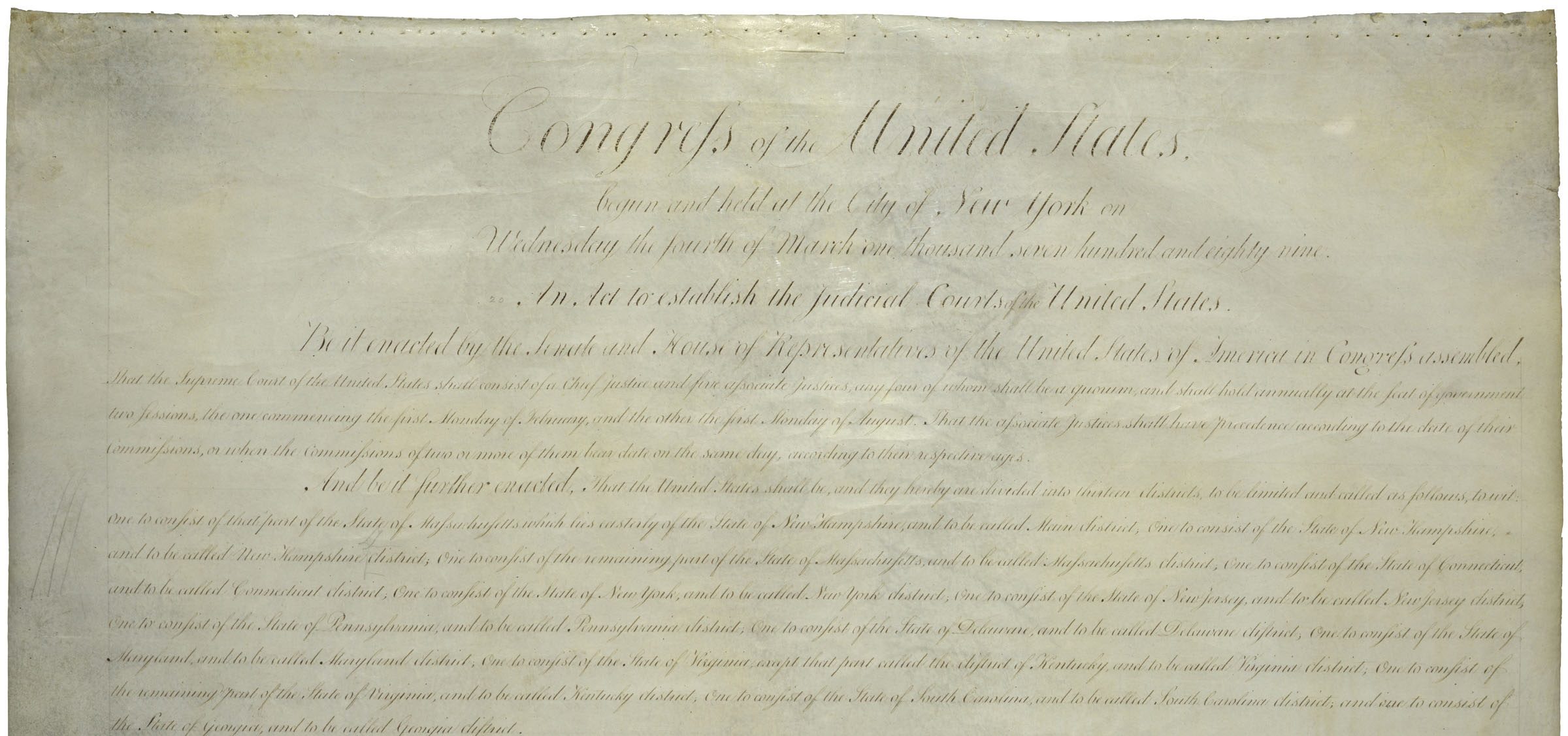In O’Hanlon v. Uber Technologies Inc., No. 19-3891 (3d Cir. Mar. 17, 2021), the panel rejects defendant-appellee Uber’s argument that the Court of Appeals must take up a standing issue along with its interlocutory review of an arbitration decision. “We established in Griswold v. Coventry First LLC that, on interlocutory appeal from the denial of a motion to compel arbitration, our appellate jurisdiction is confined to review of that order. 762 F.3d 264, 269 (3d Cir. 2014).”
Plaintiffs sued for wheelchair-access to Uber’s fleet of cars under Title III of the Americans with Disabilities Act. “Uber filed a motion to compel arbitration pursuant to the Federal Arbitration Act (FAA), see 9 U.S.C. §§ 3–4, contending that even though Plaintiffs had never registered for an Uber account or accepted its Terms of Use, they were nevertheless bound by the mandatory arbitration clause of that agreement.” Uber also argued plaintiffs, who did not consent to the terms of use (with the arbitration clause) by downloading the app, lacked standing because they could not “step into the shoes” of “actual Uber Rider App users who all are bound by Uber’s Terms of Use.’”
The district court held, regarding standing, “that Plaintiffs’ failure to download the Uber app, agree to the terms, and perform the ‘futile gesture’ of requesting a WAV [“wheelchair accessible vehicle”] ride did not prevent them from pleading an injury in fact.” The district court also held that because plaintiffs did not download the app, they never consented to the arbitration clause and were not bound by its terms.
The Third Circuit affirms. “On appeal, Uber primarily urges that we cannot reach the merits of the motion to compel arbitration without first determining that Plaintiffs have standing to bring their underlying ADA claim—pursuant to either our independent obligation to ensure we have jurisdiction or our pendent appellate jurisdiction.” The panel holds that this argument is foreclosed by Griswald.
“’[A]lthough standing is always a threshold issue, standing to appeal should not be confused with standing to sue.’ …. Otherwise, we recognized, challenges to standing would blow a gaping hole in the final decision rule of 28 U.S.C. § 1291, with defendants reflexively taking interlocutory appeals in the ‘countless cases where a district court rejected a defendant’s challenge to the plaintiff’s standing’” (quoting Griswald).” The distinction Griswald “drew between standing to appeal and standing to sue comports with the mandate that the standing analysis be tailored to the ‘type of relief sought’” (quoting Summers v. Earth Island Inst., 555 U.S. 488 (2009)).
For purposes of standing on appeal, it is defendant-appellant’s standing that counts. “[B]y petitioning for review under Section 4 of the FAA, Uber necessarily alleged that it was ‘[a] party aggrieved by the alleged failure, neglect, or refusal of another to arbitrate under a written agreement for arbitration.’ 9 U.S.C. § 4. It alleged, in other words, standing to appeal: that it ‘suffered an injury in fact’ that was ‘caused by’ Plaintiffs … and that—because the FAA allows Uber to appeal ‘an order . . . denying a petition under section 4 of this title to order arbitration to proceed,’ 9 U.S.C. § 16(a)(1)(B)—that injury is one that ‘would likely be redressed by the requested judicial relief” (quoting Thole v. U. S. Bank N.A., 140 S. Ct. 1615 (2020)).
The panel also holds that it lacks pendant appellate jurisdiction over plaintiffs’ standing. Uber “argues that [plaintiffs’] standing to sue is ‘inextricably intertwined’ with arbitrability” and thus reviewable with the arbitration order. The panel disagrees: “the facts necessary to evaluate whether Plaintiffs have demonstrated standing under the ADA are different from the facts necessary for assessing whether they are bound by Uber’s Terms of Use.”
Finally, on the merits, the panel affirms the order denying arbitration and holds that plaintiffs were not estopped from denying enforceability of the arbitration clause.
